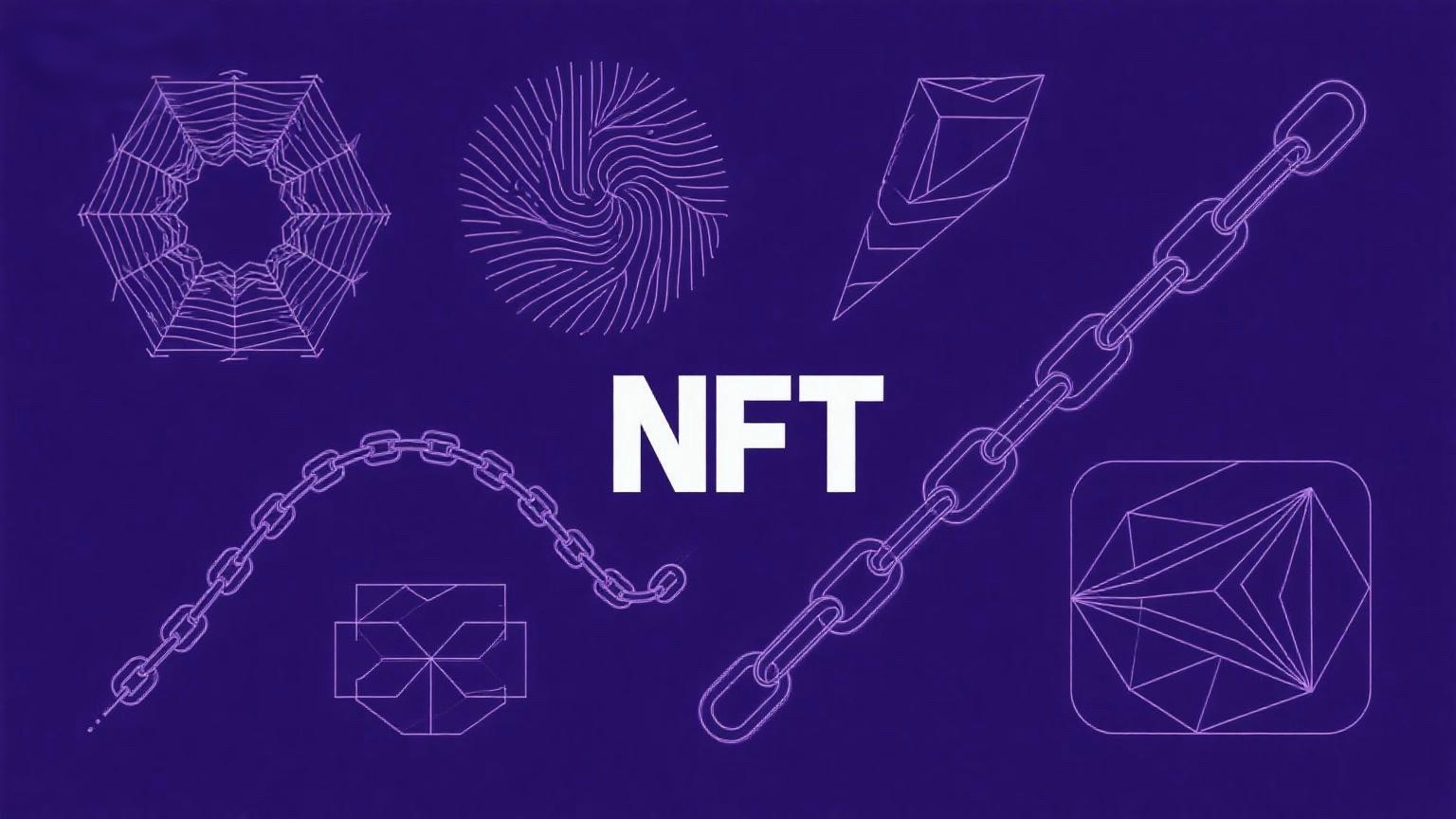
NFT scams have quickly become a major issue in the digital asset space, casting a shadow over the evolving world of non-fungible tokens. They range from NFT scams on Instagram to sophisticated NFT art frauds like the Bored Ape Yacht Club and Logan Paul’s NFT game. The risks are diverse and significant.
The non-fungible token (NFT) space has opened up a new digital frontier, and with it has come a surge in NFT scams that unsettle both investors and enthusiasts. These scams exploit the novelty and complexity of NFTs, often catching even seasoned participants off guard.
NFT scams come in many forms and are constantly evolving, from simple phishing attempts to more elaborate Ponzi schemes. These fraudulent activities occur not only on lesser-known platforms but also on popular ones like OpenSea and high-profile projects like the Bored Ape Yacht Club. The rise of social media has further complicated matters, with platforms like Instagram becoming hubs for NFT fraud.
Understanding the scope and mechanisms of these scams is crucial for anyone venturing into the NFT space. The risks are numerous, ranging from fake NFTs masquerading as legitimate digital artwork to Ponzi schemes disguised as attractive investments, as well as phishing scams targeting valuable digital assets.
The question of whether NFTs are a scam is complex and requires a nuanced understanding of the NFT ecosystem. First, it’s important to clarify that not all NFTs are scams. NFTs are, at their core, a legitimate technological innovation offering a unique way to verify and trade digital assets on the blockchain. They have been applied across various fields, from digital art and entertainment to real estate and identity verification.
However, the growing interest in NFTs has also attracted scammers looking to capitalize on the hype and the often-limited public understanding of the technology. This has led to a proliferation of fraudulent activities in the NFT space. Scams such as selling plagiarized digital artwork, creating fake NFT marketplaces, or promoting non-existent NFT projects are not uncommon. High-profile cases, like certain celebrity-endorsed NFT projects, have also raised eyebrows and fueled skepticism.
The key takeaway is that while NFTs as a concept are not a scam, the ecosystem has been marred by fraudulent activities targeting the uninformed. The existence of scams does not invalidate the entire NFT space but serves as a warning of the need for due diligence and skepticism, especially in a relatively new and rapidly evolving field. As the NFT market continues to mature, better regulation and informed participation will hopefully reduce the prevalence of these scams.
















